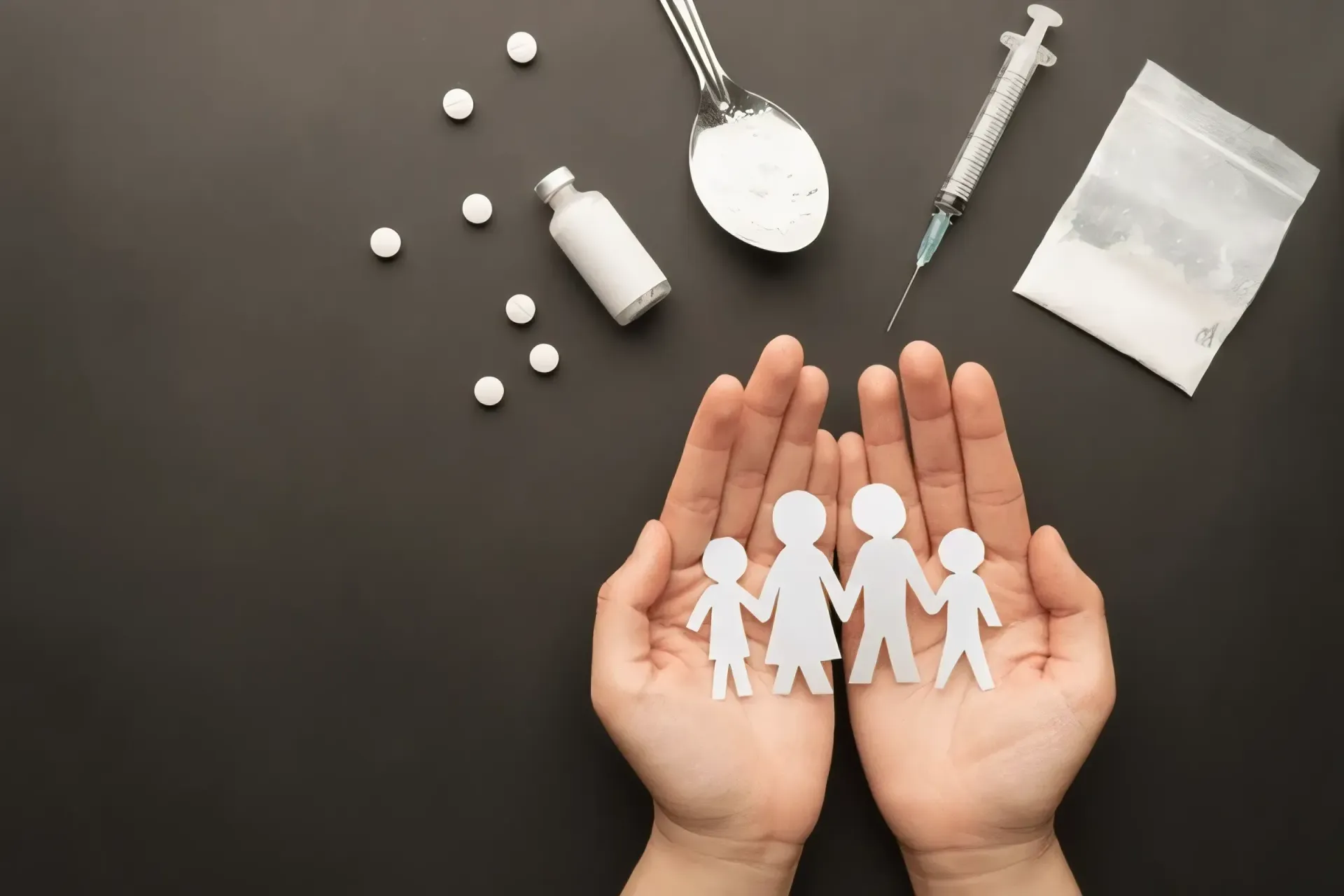Explore Our Blog
Addiction – Part 3: How Addiction Affects the Brain
Advance Minds Blog
A safe space to explore subjects within the community such as mental health, substance abuse and personal identity.
Our safe space also provides the opportunity for real individuals to express their hardships and success through writing.
Addiction hijacks the brain’s reward system.
Normally, we’re wired to seek out and enjoy things that are good for us—food, connection, achievement.

But addictive substances or behaviors flood the brain with dopamine, the feel-good chemical, tricking it into prioritizing the addiction over everything else.
Over time, the brain adjusts to these floods of dopamine by producing less of it or becoming less sensitive to it.
This is why people need more and more of the substance or behavior to feel the same effect.
And when they try to stop, withdrawal symptoms—physical or emotional—kick in, making it even harder to break the cycle.
🧠 Understanding the brain’s reward system
The brain’s reward circuit, especially areas like the nucleus accumbens and prefrontal cortex, are heavily impacted by addiction:
🎯 Dopamine surges reinforce addictive behavior
🧱 Natural rewards (like food or socializing) lose their impact
🛑 Impulse control weakens
🔄 Obsessive thoughts and cravings increase
It’s not just about “getting high”—the brain begins to depend on the addiction to function.
⏳ Tolerance builds—joy fades elsewhere
As the brain adapts to frequent dopamine spikes:
⬆️ More of the substance or behavior is needed to feel good
⬇️ Everyday pleasures feel dull or meaningless
💤 Motivation for non-addictive goals declines
😔 The person feels emotionally numb or flat
This is why addiction often comes with depression, apathy, or disconnection from life.
😣 Withdrawal isn’t just physical
When the brain no longer gets the substance or behavior it’s grown dependent on, it reacts:
💥 Anxiety, irritability, restlessness
🥶 Physical symptoms (like sweating, shaking, nausea)
🌪 Mood swings or panic
😔 Deep emotional pain, guilt, or hopelessness
Withdrawal shows just how deeply addiction affects the nervous system—not just habits, but biology.
🧍 Impaired decision-making in addiction
The prefrontal cortex, which governs decision-making and judgment, becomes less active during addiction.
That’s why people may:
⚠️ Take bigger risks
🚫 Ignore long-term consequences
🔁 Repeat harmful behaviors they regret
🤯 Struggle to think clearly in emotional moments
It’s not about being reckless—it’s about the brain being stuck in survival mode.
💬 How counseling helps the brain recover
Therapy supports the brain’s ability to heal through:
🧠 Rebuilding emotional regulation
🌱 Practicing new thought patterns and habits
🔍 Gaining insight into cravings and triggers
🛠 Learning real-time strategies for stress and relapse prevention
Over time, the brain can recover—with the right support and consistency.
🌿 Final thoughts 💞🌈
Addiction is not just a pattern of bad behavior—it’s a rewiring of the brain.
That’s why it feels so hard to stop, even when someone wants to.
But brains are adaptable. With awareness, effort, and support, healing is absolutely possible.
The first step is understanding what’s happening inside—because once you do, the journey out starts to make more sense.

















